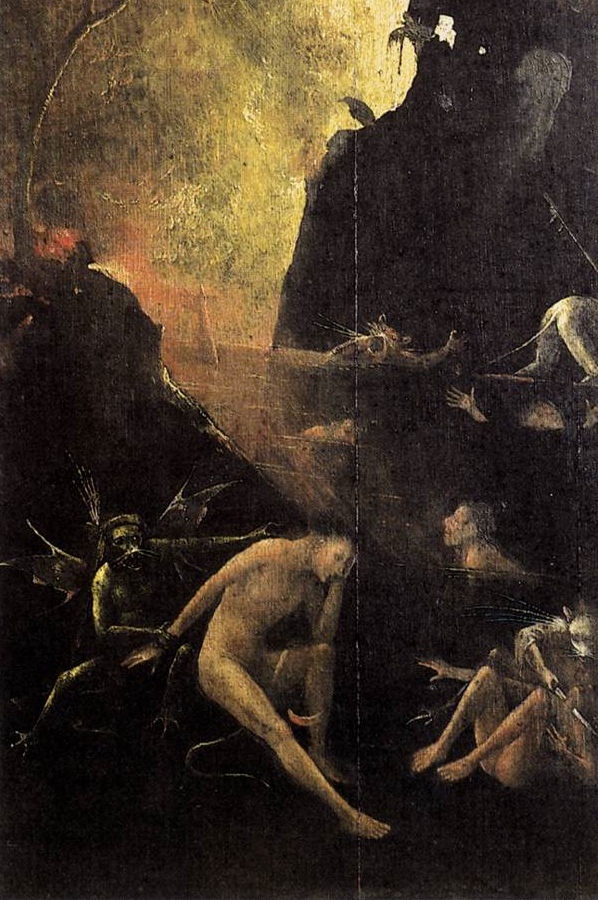
L’inferno dei viventi non è qualcosa che sarà; se ce n’è uno, è quello che è già qui, l’inferno che abitiamo tutti i giorni, che formiamo stando insieme. Due modi ci sono per non soffrirne. Il primo riesce facile a molti: accettare l’inferno e diventarne parte fino al punto di non vederlo più. Il secondo è rischioso ed esige attenzione e apprendimento continui: cercare e saper riconoscere chi e cosa, in mezzo all’inferno, non è inferno, e farlo durare, e dargli spazio.
The inferno of the living is not something that will be; if there is one, it is what is already here, the inferno where we live every day, that we form by being together. There are two ways to escape suffering it. The first is easy for man: accept the inferno and become such a part of it that you can no longer see it. The second is risky and demands constant vigilance and apprehension: seek and learn to recognize who and what, in the midst of inferno, are not inferno, then make them endure, give them space.
—Italo Calvino, Le città invisibili (1974), the final paragraph (W. Weaver transl.)
Listen to the violin concerto No. 23 in G Major (1784) by the great Torinese composer Giovanni Battista Viotti, here in a performance by the Accademia dei Filarmonici under the leadership of Aldo Sisillo. Mauro Ranieri is the violin soloist.


